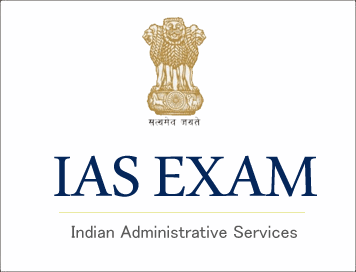
(Eligibility) UPSC (IAS) Civil Services Examinations
Eligibility for IAS Exam:
Nationality:
(1) For the Indian Administrative Service and the Indian Police Service, a candidate must be a citizen of India.
(2) For other services, a candidate must be either :
(1) For the Indian Administrative Service, the Indian Foreign Service and the Indian Police Service, a candidate must be a citizen of India.
(2) For other services, a candidate must be either:—
(a) a citizen of India, or
(b) a subject of Nepal, or
(c) a subject of Bhutan, or
(d) a Tibetan refugee who came over to India before 1st January, 1962 with the intention of permanently settling in India, or
(e) a person of Indian origin who has migrated from Pakistan, Burma, Sri Lanka, East African countries of Kenya, Uganda, the United Republic of Tanzania, Zambia, Malawi, Zaire, Ethiopia and Vietnam with the intention of permanently settling in India.
Provided that a candidate belonging to categories (b), (c), (d) and (e) shall be a person in whose favour a certificate of eligibility has been issued by the Government of India.
A candidate in whose case a certificate of eligibility is necessary, may be admitted to the examination but the offer of appointment may be given only after the necessary eligibility certificate has been issued to him/her by the Government of India.